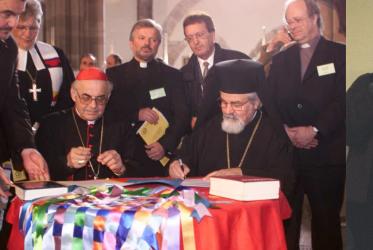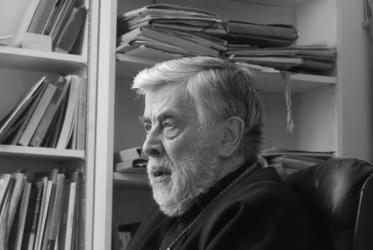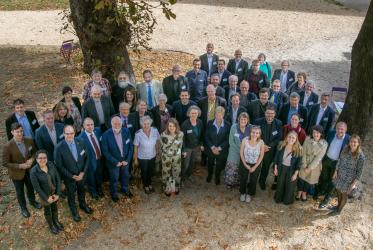Displaying 1 - 20 of 22
06 December 2023
Catholic-Lutheran dialogue yields fruits for reflection
02 August 2018
Religion: Way of war or path to peace?
30 June 2016
La religion: chemin de la guerre ou voie de la paix?
30 June 2016
WCC Executive Committee works toward a future of peace and justice
19 November 2015
Le Comité exécutif œuvre pour un avenir de paix et de justice
19 November 2015
Common prayer in Geneva responds to acts of violence
16 November 2015
À Genève, des prières en commun pour réagir aux actes de violence
16 November 2015











